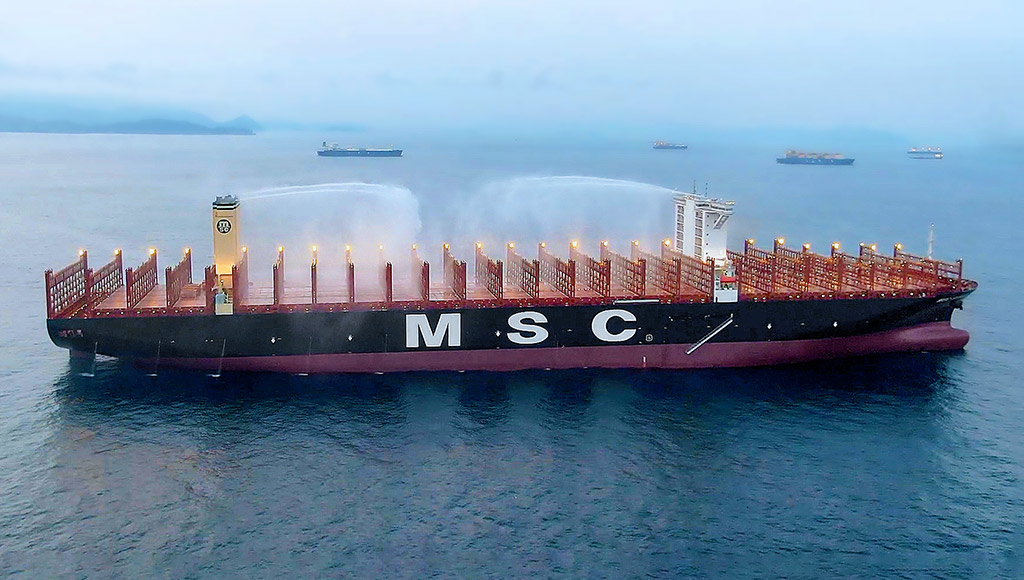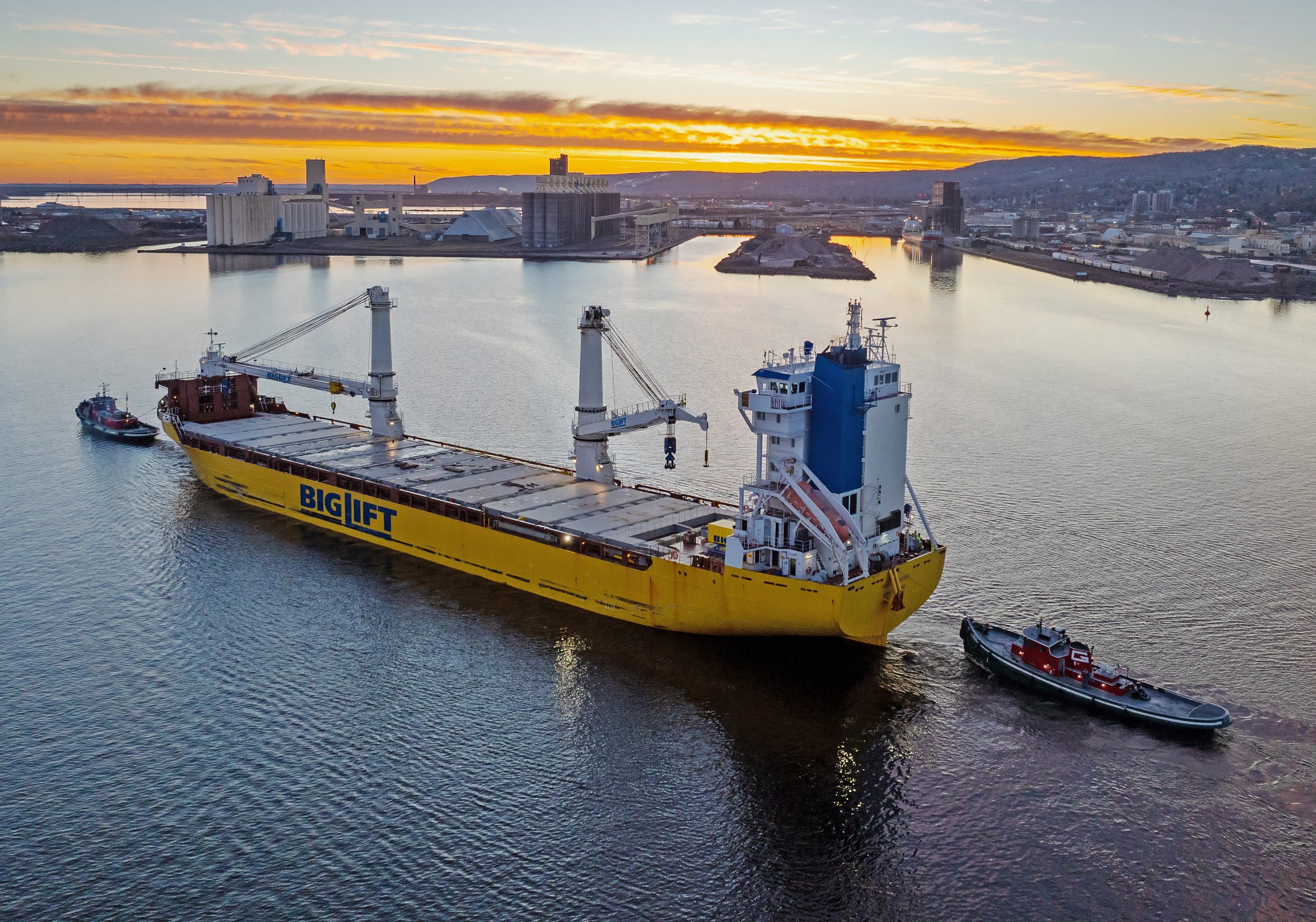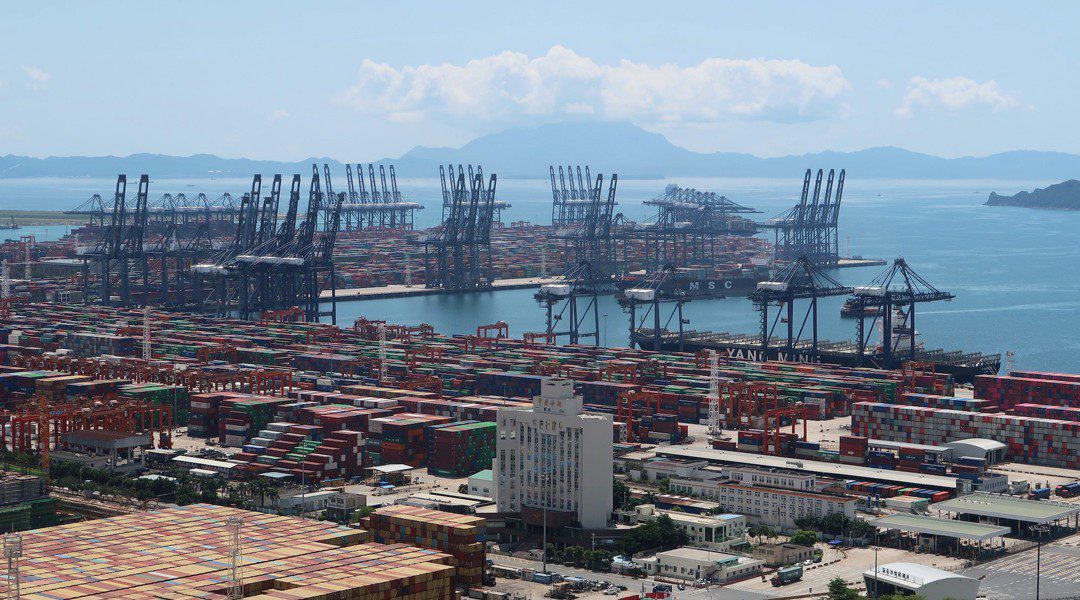The UK Marine Accident Investigation Branch (MAIB) says the maritime industry must rethink the role of the human watchkeeper to meet the challenges of the digital age, following a series of collisions attributed to poor monitoring practices.
In its newly published 2024 annual report, the MAIB highlights several recent investigations—such as the fatal Scot /Karin Høj collision and other ongoing cases involving the Verity, Polesie, and Solong—which point to persistent failures in navigational watchkeeping.
The agency warns that operators frequently fail to use digital alerts effectively and that humans, when under-stimulated or disengaged, often divert attention elsewhere.
“Humans do not make good monitors and if under-stimulated they will find other things to occupy themselves,” the report states, while also noting that watchkeepers can be reluctant to use onboard systems designed to alert them to hazards.
This behavioural gap was previously discussed in a joint study MAIB conducted with the Danish Marine Accident Investigation Board on the usability of ECDIS systems, which found that mariners often underutilised safety-critical features.
Chief Inspector of Marine Accidents, Captain Andrew Moll, said that future MAIB investigations will further explore this disconnect between human behaviour and digital system design with the aim of supporting the industry in developing watchkeeping practices that better integrate human roles with automated technologies.
“These accidents indicate a need to radically rethink the role of human watchkeepers in the digital age,” the report concludes.
The full publication can be downloaded here.




